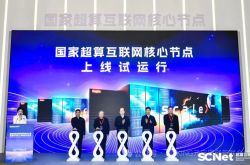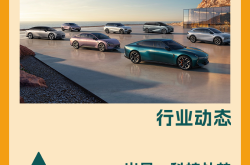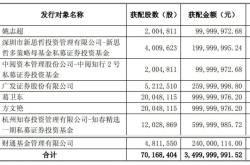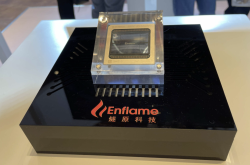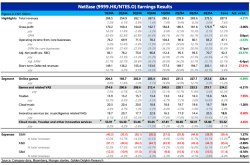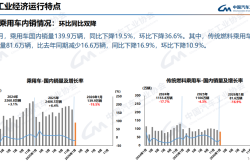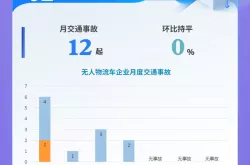Equipped with the same large sofa as Nissan? Xiaopeng's first extended-range vehicle is exposed, new forces are becoming more and more aggressive
![]() 06/26 2025
06/26 2025
![]() 671
671
Is the "2+N" pattern in the extended-range vehicle market about to change?
The strong sales of MONA M03 and P7+ have made Xiaopeng Motors one of the new forces with the best sales data, but Xiaopeng is not satisfied with pure electric vehicles and wants to become the next "Li Auto and AITO".
Foreign media "CarNewsChina" reported that spy shots of Xiaopeng's first extended-range model G01 have officially been exposed, and it is expected to go into mass production at Xiaopeng's second factory in the fourth quarter of this year, with the earliest possible launch at the beginning of next year.
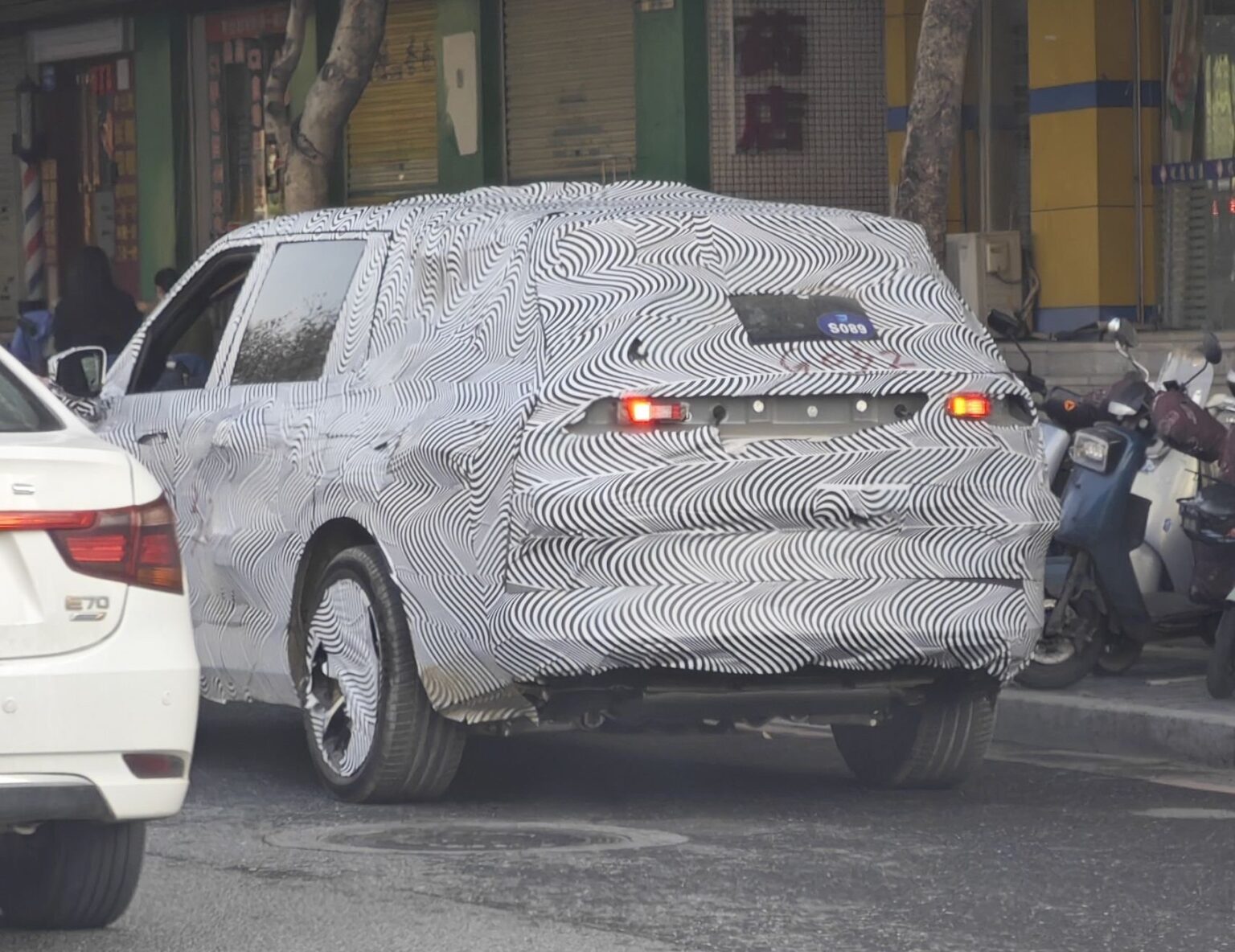
Image source: CarNewsChina
Carefully calculated, from the time Xiaopeng proposed the "Kunpeng Super Electric System" to the launch at the beginning of next year, it will be less than a year and a half.
Extended-range hybrid is already a very common technology and even the secret to sales growth for some automakers. However, an automaker that has insisted on pure electric technology for over five years suddenly chooses to join the extended-range camp, indicating that the brand's development philosophy has begun to change: extended-range is not a "transitional technology", but has become the third new energy power solution comparable to plug-in hybrids and pure electric vehicles.
Xiaopeng Motors founder He Xiaopeng believes that almost every new force makes extended-range vehicles, and it makes no sense for Xiaopeng to make an ordinary extended-range vehicle. However, there are not a few automakers challenging these two models, but a large part of the new cars belong to the state of "peaking at launch, unable to keep up with the follow-up", and Xiaopeng, which has no experience in the extended-range vehicle market, dares to enter the market. Isn't it afraid that this project will fail?
Nissan-style large sofa + solid endurance = best-selling secret?
Xiaopeng G01's design inspiration comes from Xiaopeng G9, with a vehicle length of 5.1m, a wheelbase of 3m, and size parameters such as "three rows and six seats" at the level of medium and large SUVs, but it is developed using the newly created "G Platform", so Xiaopeng G01 is not an "electric-to-oil" model of Xiaopeng G9.
CarNewsChina revealed that this is an SUV that may be priced between 250,000 and 300,000 yuan. In this way, Xiaopeng G01 will be targeted at Li Auto's L series and AITO's M series.
Interestingly, CarNewsChina revealed that with such size parameters, Xiaopeng G01 uses seats jointly developed with Nissan's "Zero Gravity" team, as well as configurations such as refrigerators, rear screens, and quieter range extenders, thereby strengthening the advantage of comfort.
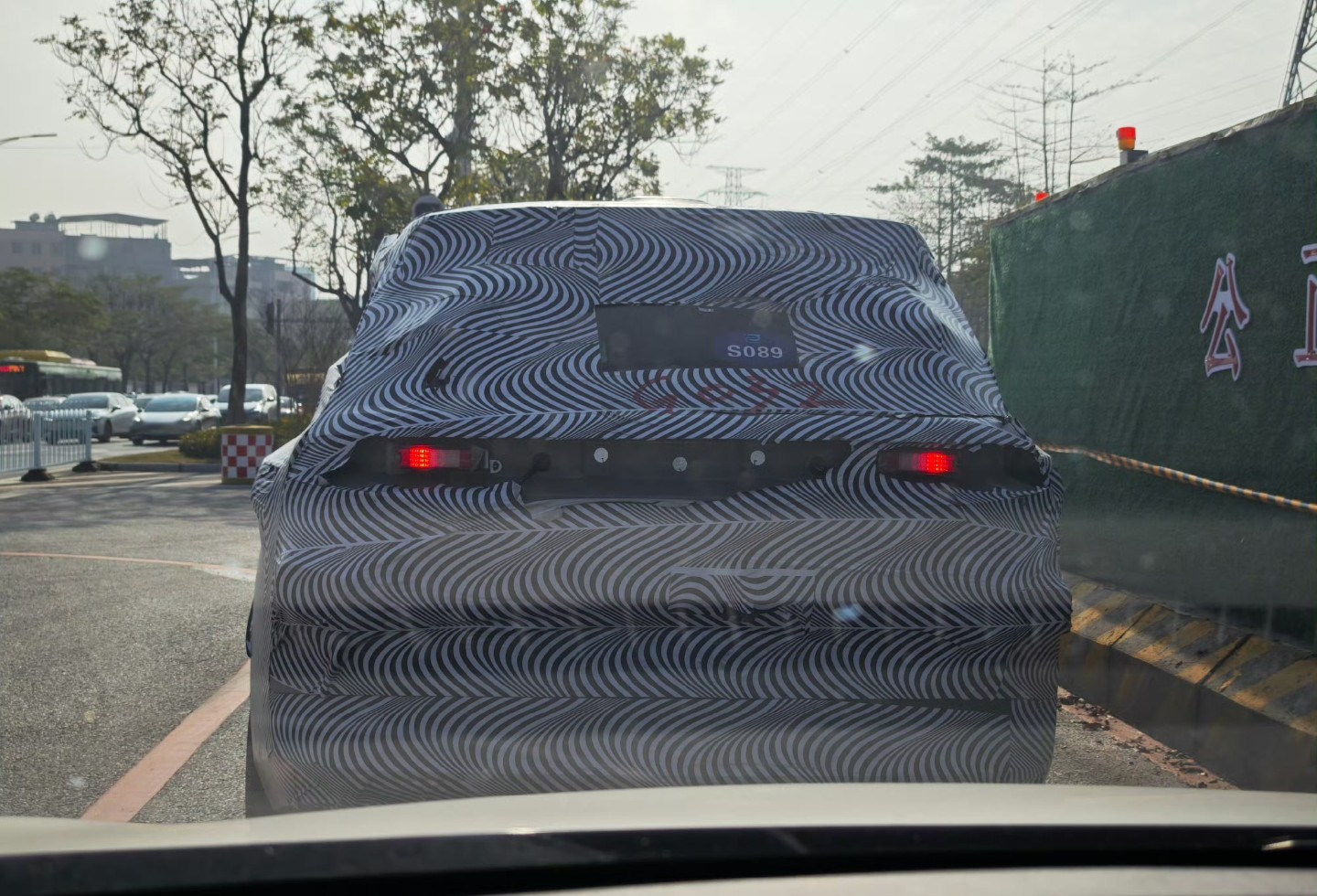
Image source: CarNewsChina
So far, Electric Car News has not yet found news of cooperation between Xiaopeng Motors and Nissan Motors, but in late December of last year, XP-Nick, head of Xiaopeng Motors' P/G series products, said on social media that the seating team did come from an automaker known for its comfort (specifically Nissan). Electric Car News has experienced the seats of Xiaopeng P7+, and the support and wrapping are just right, especially the support for the waist.
Although the news of "Xiaopeng jointly developed with Nissan's "Zero Gravity" team" is questionable, Xiaopeng G01's seats will not be bad either.
Combining the information revealed at last year's "Xiaopeng AI Technology Day", endurance capacity is very likely to be another selling point of Xiaopeng G01.
The official said that Xiaopeng's future extended-range vehicles can have a pure electric endurance of 430km, and a comprehensive endurance of over 1400km with a full tank and full battery. How is this endurance capacity? The following table can be used for reference.

Table: Electric Car News
It has to be said that Xiaopeng's comprehensive endurance and pure electric endurance are already at the forefront in the extended-range hybrid vehicle camp of the same level. Even CATL's released Xiao Yao super extended-range battery only officially stated that the pure electric endurance exceeds 400km.
However, Electric Car News must point out that these two data do not represent Xiaopeng G01, but are only the extreme capabilities of Xiaopeng's Kunpeng Super Electric System. For a medium and large SUV with a curb weight of up to two tons, it is indeed uncertain whether Xiaopeng G01 can still achieve such endurance capacity.
Moreover, now that there is a benchmark product like Li Auto L8, Xiaopeng G01's endurance capacity must keep up with this level to have market persuasiveness.
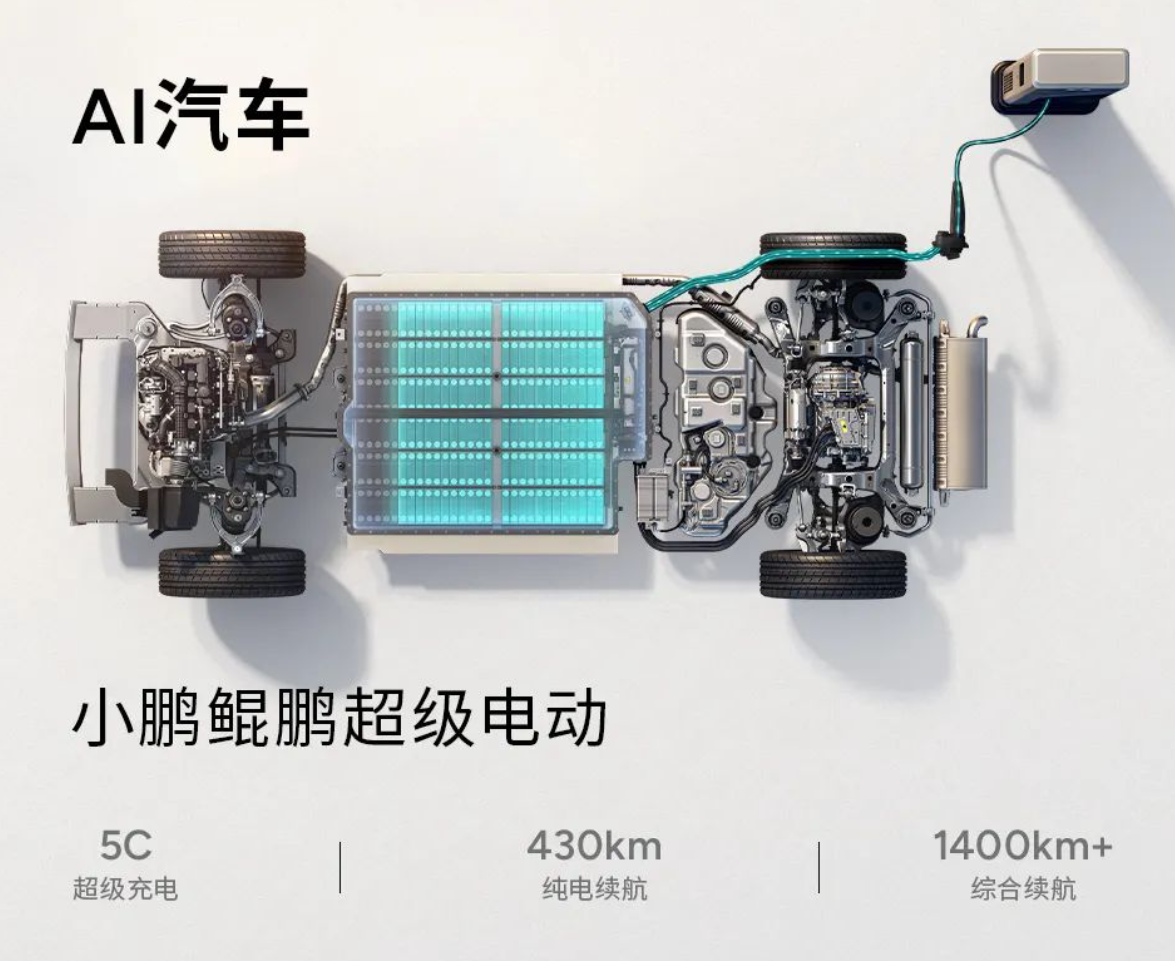
Image source: Xiaopeng Motors official
Frankly speaking, Xiaopeng Motors' timing to enter the extended-range vehicle market is a bit late, and it may have to invest a lot of resources in optimizing extended-range technology in the early stage, but Xiaopeng still has its own advantages: Xiaopeng can penetrate AI into various fields of automobiles, and the endurance of current pure electric vehicles can be very solid. It is entirely possible to reduce the fuel consumption of the extended-range system through AI.
New forces are no longer "pure", and Xiaopeng is determined to succeed in extended-range?
Combining news from the beginning of this year, in addition to Xiaopeng G01, Xiaopeng has planned at least four other extended-range vehicles. Electric Car News predicts that after the extended-range system is implemented on Xiaopeng G01, other models on sale will quickly launch extended-range versions.
It's not just Xiaopeng. Automakers rooted in the pure electric vehicle market such as Xiaomi and Zeekr, as well as automakers that originally sneered at extended-range technology, have also begun to embrace extended-range hybrid vehicles.
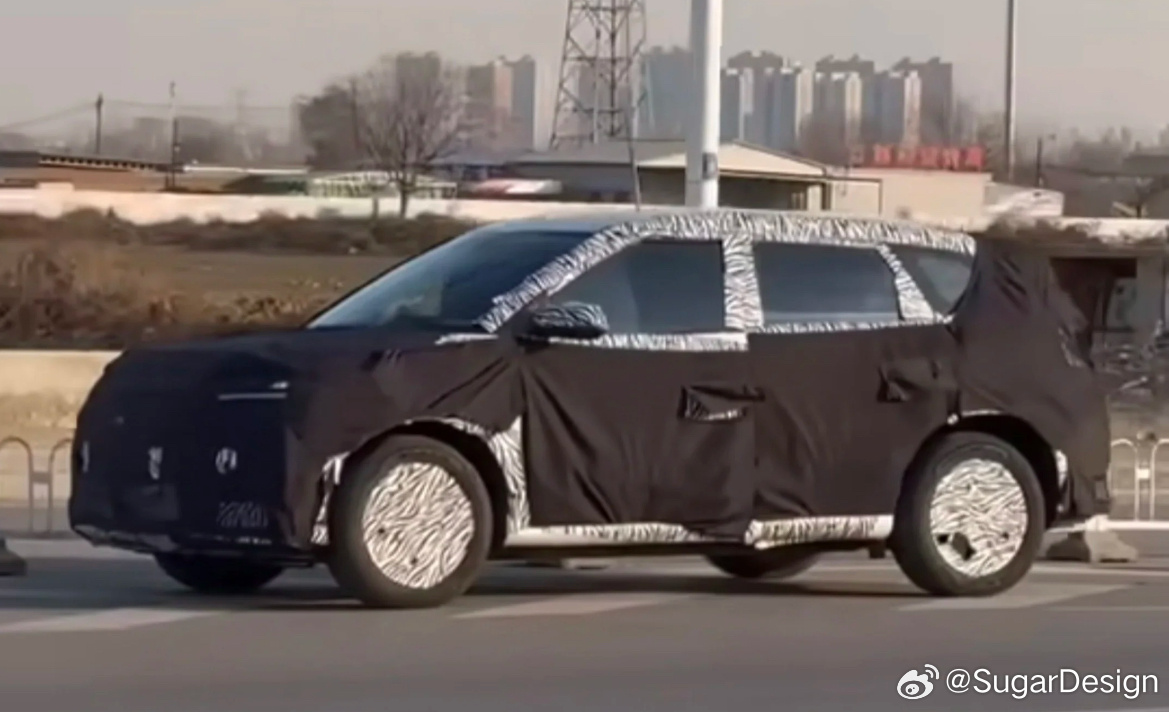
Image source: Weibo @SugarDesign
Xiaomi's extended-range SUV also follows the luxury family route, and Zeekr's flagship large SUV Zeekr 9X will adopt super electric hybrid technology, officially launching the layout of two technology routes: pure electric and extended-range.
Volkswagen and BMW officially announced their entry into extended-range hybrids. Ferdinand Dudenhoeffer, the former CEO of Volkswagen (China), once said that extended-range is the "worst, unenvironmentally friendly, and nonsensical solution".
It can be found that the first extended-range SUVs of these automakers all have similar positioning to Li Auto's L series and AITO's M series. It seems that everyone wants a piece of the pie of Li Auto and AITO.
However, Electric Car News noticed that other automakers only launched one family-oriented extended-range SUV, and Xiaopeng quickly confirmed the "sea of cars tactic" for extended-range hybrids.
Delving into the reasons, Electric Car News believes that there are at least three realistic factors affecting Xiaopeng's product decisions.
First of all, from the perspective of the overall automobile market environment, the sales structure of China's new energy market has undergone significant changes. According to data released by the Passenger Car Association, a total of 10.899 million new energy vehicles were retailed in 2024, an increase of 40.7% year-on-year. Among them, plug-in hybrids (including extended-range) showed a cumulative year-on-year growth rate of over 170% in the price markets of below 100,000 yuan and 200,000-300,000 yuan, while the sales growth rate of pure electric vehicles was far less than that of plug-in hybrids (including extended-range).
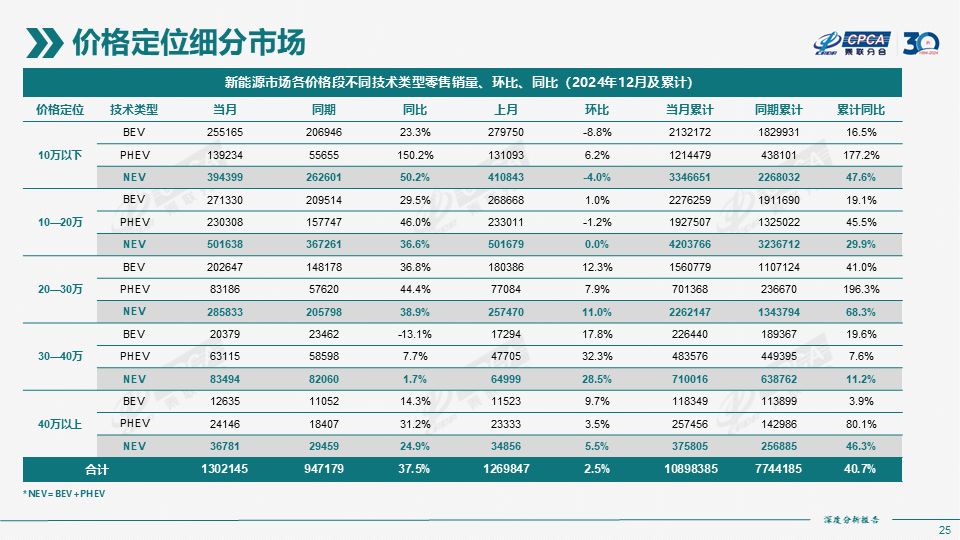
Image source: Passenger Car Association
From the perspective of fundamental needs, automakers such as Li Auto, AITO, and Leapmotor have rapidly increased their sales in the 200,000-300,000 yuan price market, while range anxiety and refueling convenience are still the core pain points for users in lower-tier cities. Only the dual refueling method of being able to refuel and recharge can make them feel secure.
So why doesn't Xiaopeng enter the plug-in hybrid technology, but the extended-range technology? Naturally, it is because the threshold for extended-range technology is lower.
Essentially, an extended-range hybrid vehicle is still a pure electric vehicle, but it has an additional oil-burning generator compared to an ordinary pure electric vehicle, which can generate electricity for the drive motor when the battery is low.
However, the structure of plug-in hybrid technology is more complex, requiring the drive motor and engine to work together, and can output power in various ways such as pure electric, extended-range hybrid, pure oil, and oil-electric hybrid. The research and development cycle and investment cost are much higher than those of extended-range hybrids.
Moreover, Xiaopeng has already made achievements in 800V high-voltage architecture, 5C supercharging, AI power management, etc. Now it only needs to do a good job in energy consumption management, the quietness of the range extender, etc., to mass produce and launch vehicles, with a shorter landing time and lower cost required.
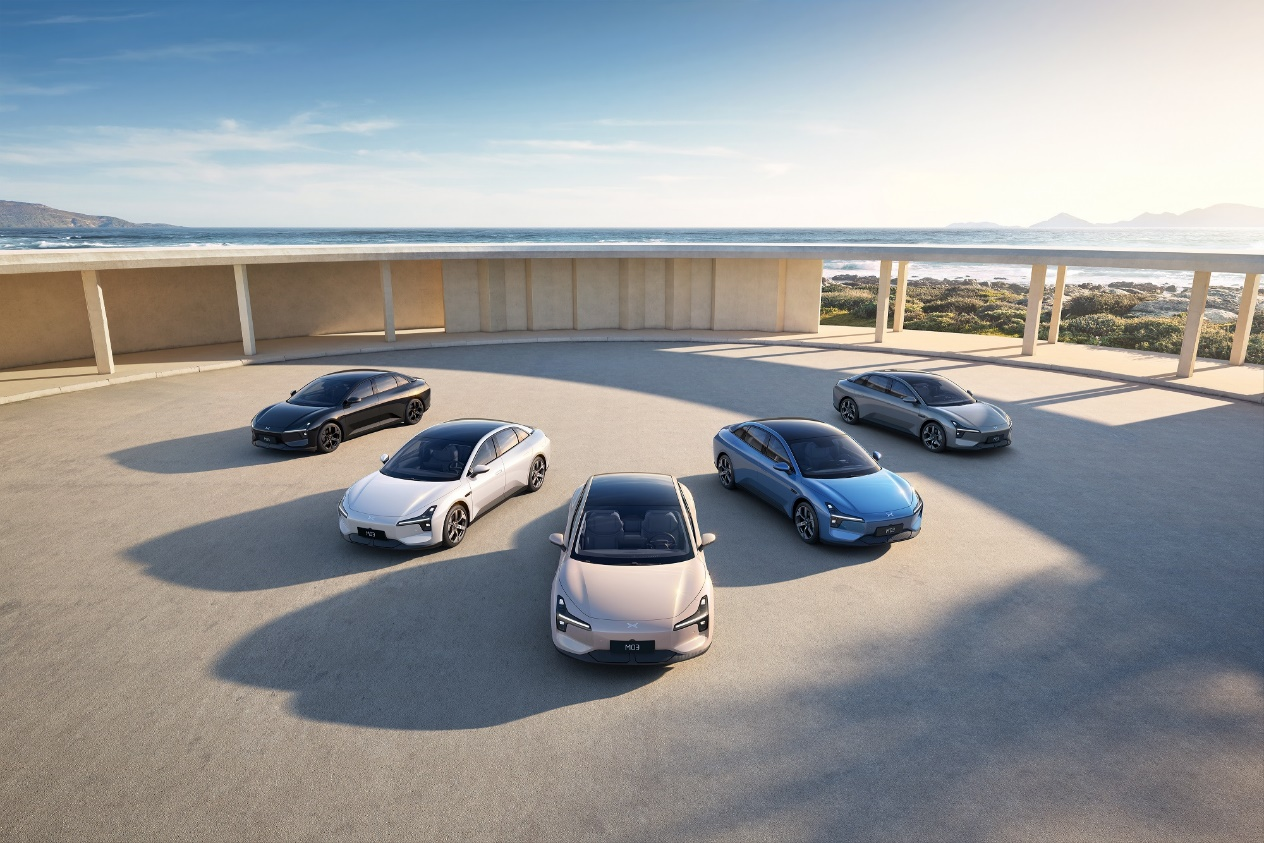
Image source: Xiaopeng Motors official
Of course, the reason why Xiaopeng plans to spread out the "sea of cars tactic" in the field of extended-range hybrids is not to follow the trend of technology, but more for survival.
He Xiaopeng once said that only 5-7 new energy automakers will be left in the entire automobile market in the next 10 years. In the past few years, Xiaopeng has completely focused on the pure electric route, missing out on the market dividends brought by extended-range hybrids, and being surpassed by Li Auto and Hongmeng Zhixing. After experiencing a sales slowdown in 2023-2024, Xiaopeng Motors realized that relying solely on pure electric vehicles would have greater limitations and needed to complement the hybrid vehicle market.
More importantly, Xiaopeng Motors has launched an overseas strategy, and overseas markets such as the European Union, the Middle East, and North Africa are more friendly to hybrid vehicle incentives, and there is no need to worry too much about low sales due to insufficient charging infrastructure.
According to the plan, Xiaopeng will also launch a new SUV, Xiaopeng G7, this year, but apart from that, no other new models will be launched, and most of them will be upgrades and optimizations of current models.
In the view of Electric Car News, this is normal. After all, Xiaopeng Motors will launch multiple extended-range hybrid models next year, and it needs more time to prepare in order to fully leverage the advantages of the "sea of cars tactic".
The extended-range war escalates, who can change the "2+N" pattern?
The new forces that have joined the extended-range market will not launch their first extended-range product until at least 2026, so this year's extended-range vehicle market is most likely still led by Li Auto and AITO, with new energy brands such as Leapmotor, Avita , and Deep Blue following closely.
So, after Xiaopeng, Xiaomi, Zeekr, and other automotive brands launch their first extended-range vehicles, will they change the "2+N" market pattern? Electric Car News believes it is difficult, but not impossible.
The reason for the high difficulty is that Li Auto and AITO have already formed a huge market scale, and the scale effect will subsequently increase supply chain bargaining power, channel coverage, etc. This is also the key reason why Li Auto and AITO can achieve brand profitability with family-oriented extended-range SUVs. It is already difficult for latecomers to reach this scale, and they also need to consider issues such as single-vehicle profits and cash flow.
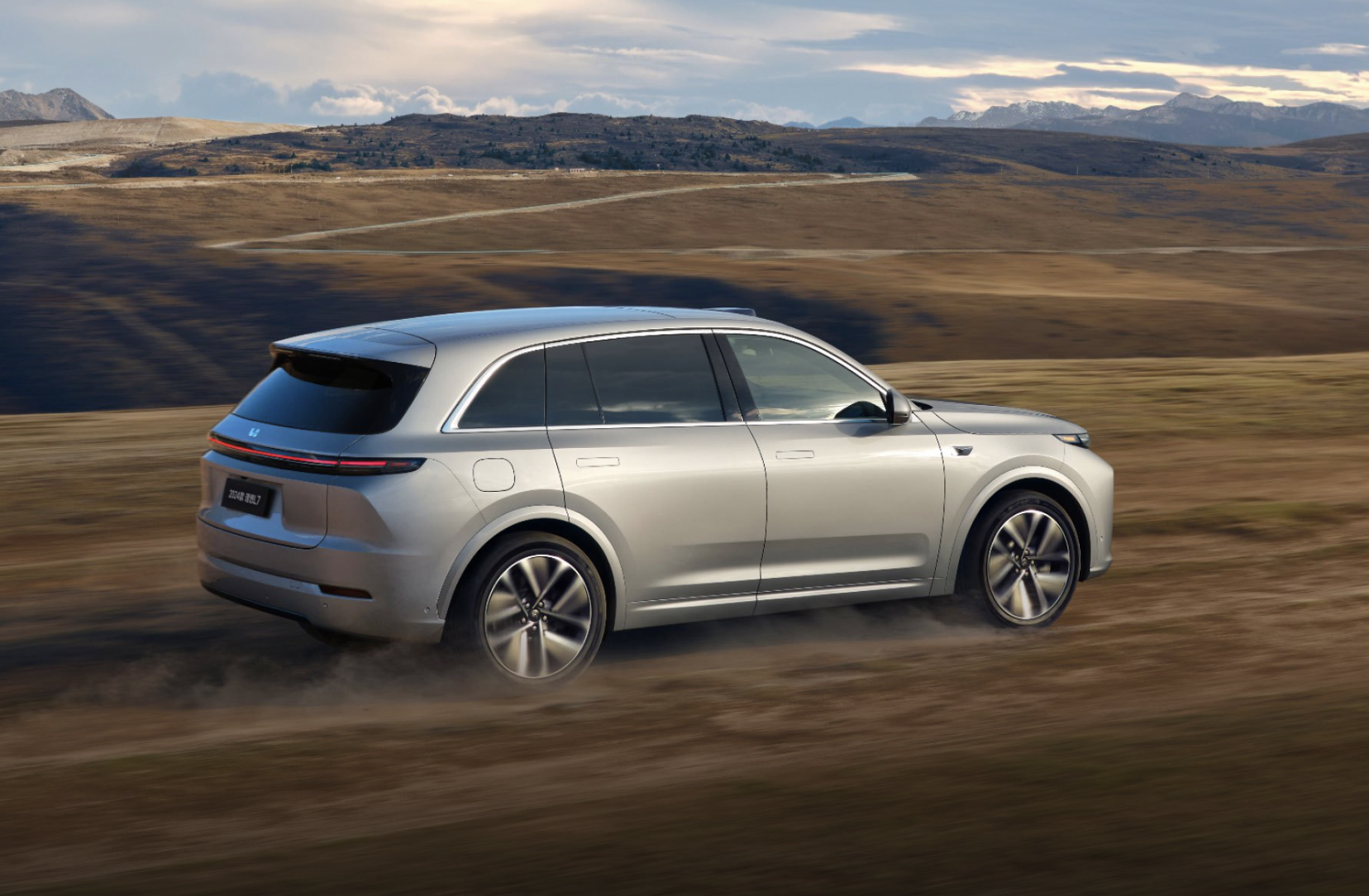
Image source: Li Auto official
First, Li Auto and AITO firmly occupy the price market of 250,000-500,000 yuan, while the extended-range vehicle market below 200,000 yuan is still a blue ocean. This is an opportunity for latecomers such as Xiaopeng, Xiaomi, and Zeekr, and Xiaopeng is precisely expecting to obtain this differentiated advantage through the "sea of cars tactic".
Second, the second half of the automobile industry is intelligence. On the premise of meeting the requirements of "refrigerator, TV, and large sofa", the intelligent experience is the key to determining the winner in the automobile market competition, which requires Xiaomi's concept of human-vehicle-home integration, Xiaopeng's AI Tianji system, Zeekr's vast and profound H9 intelligent solution, and a head-on confrontation with Huawei's ADS and Li Auto's NOA.
When Xiaopeng, Xiaomi, Zeekr, or other latecomers can tear open a gap in these two areas, they can become a new variable in the extended-range hybrid vehicle market.
(Cover image source: Xiaopeng Motors official)
Xiaopeng, Li Auto, AITO extended-range hybrids
Source: Lei Technology

